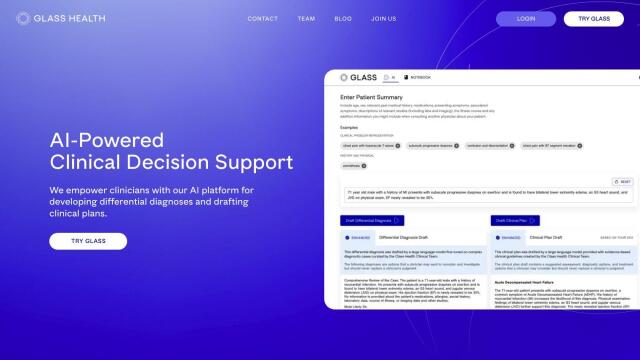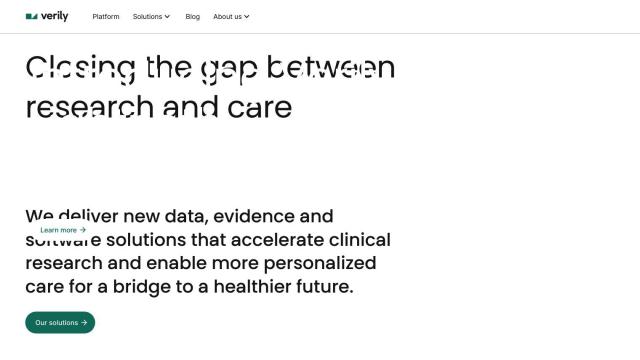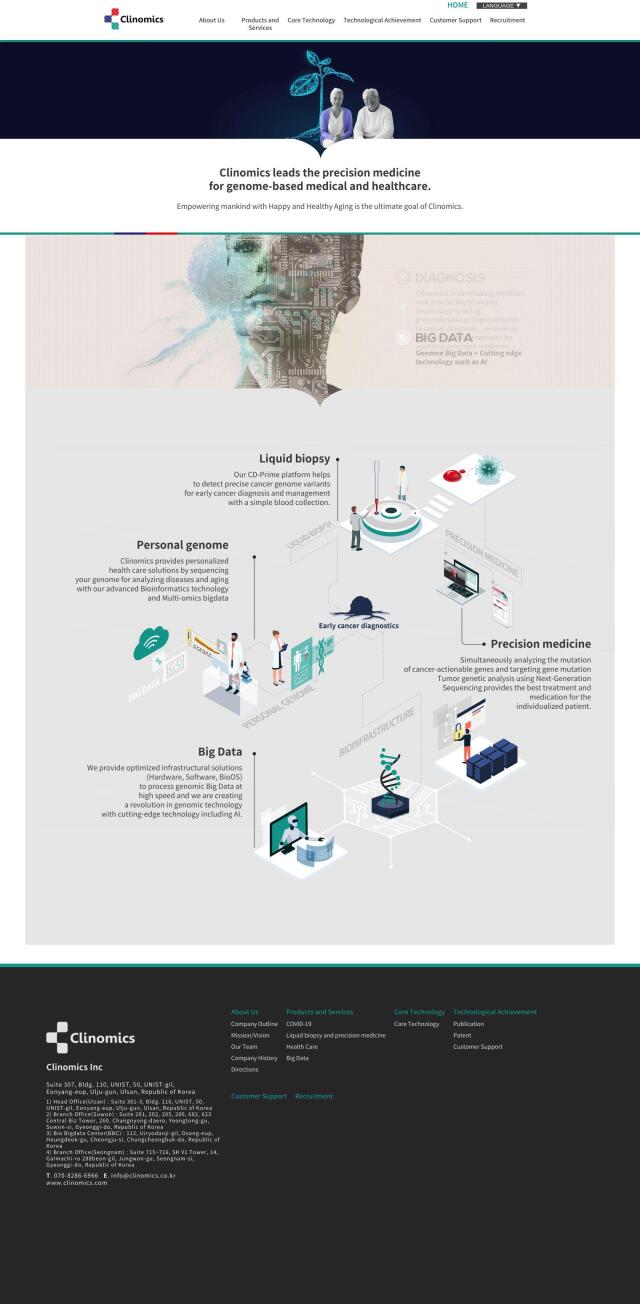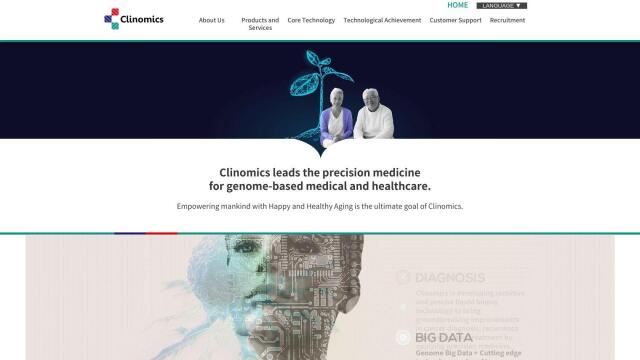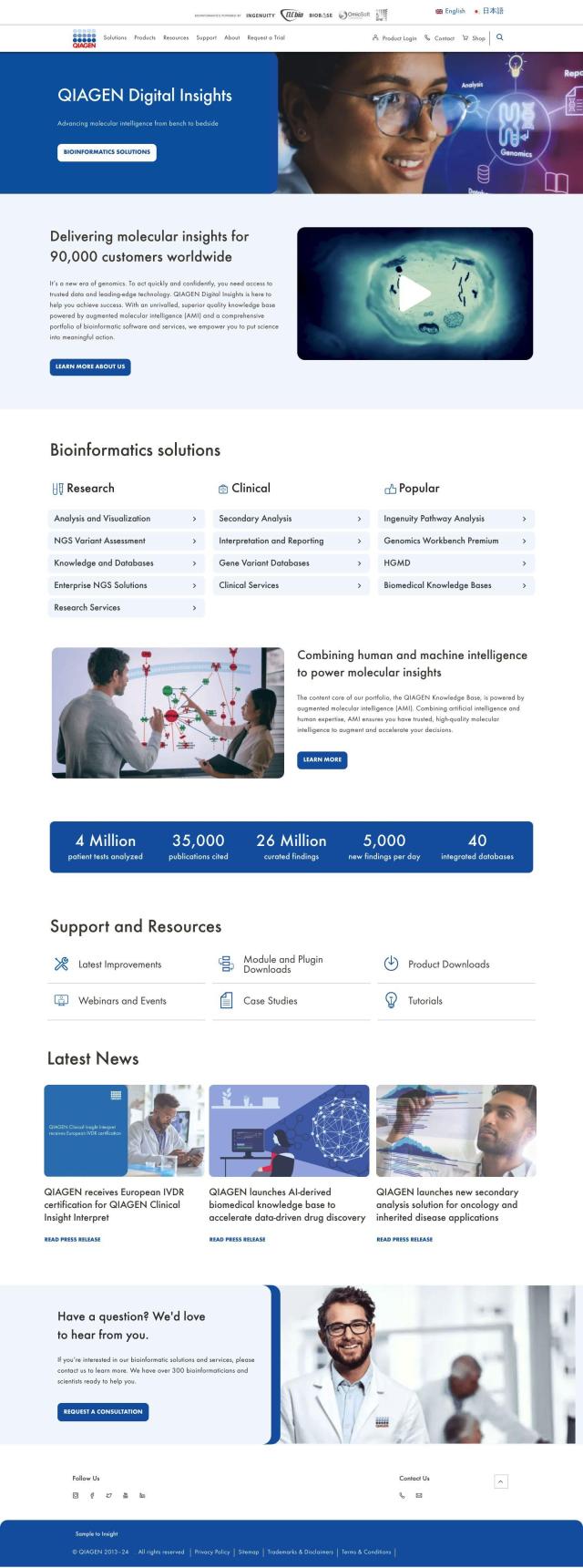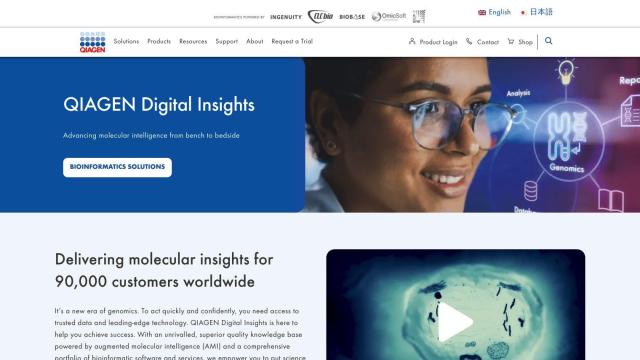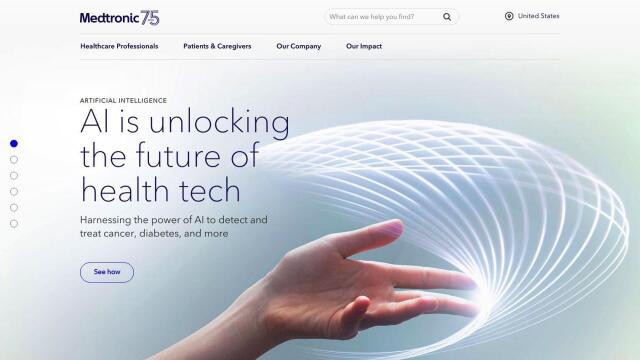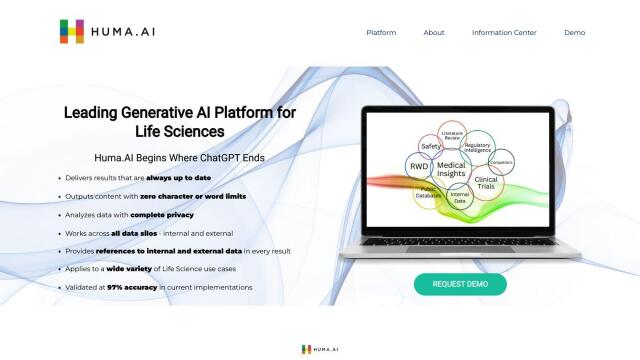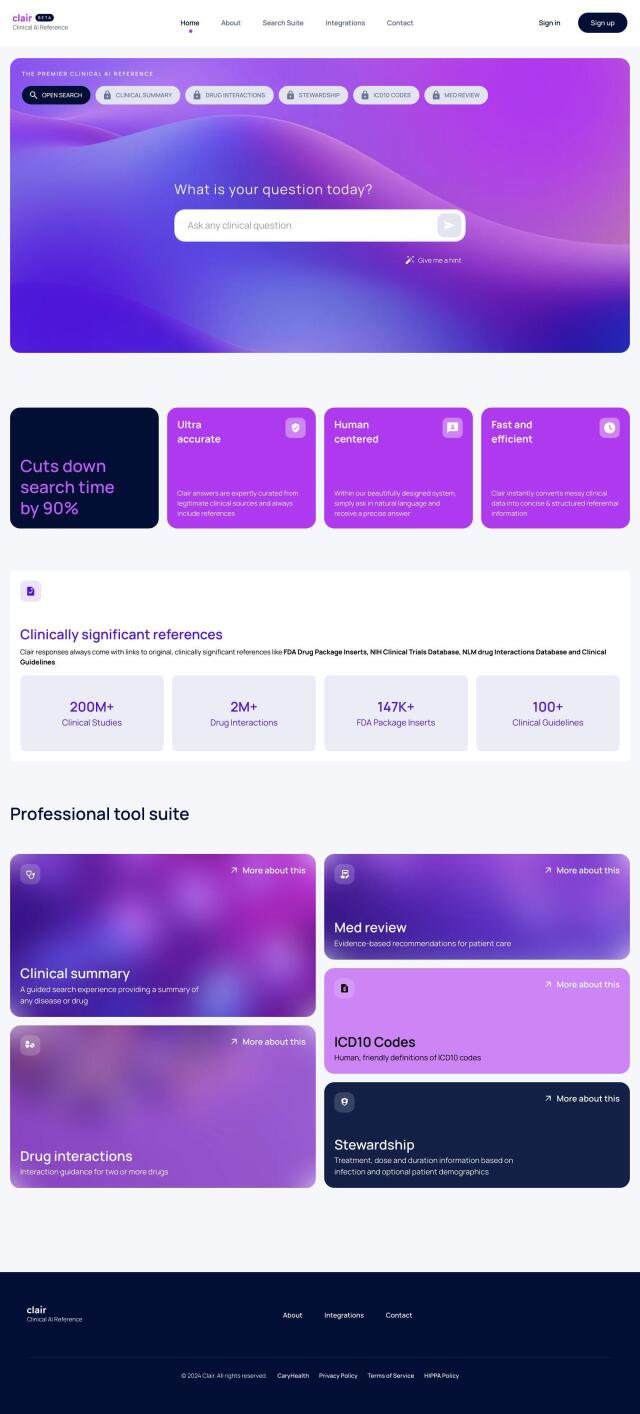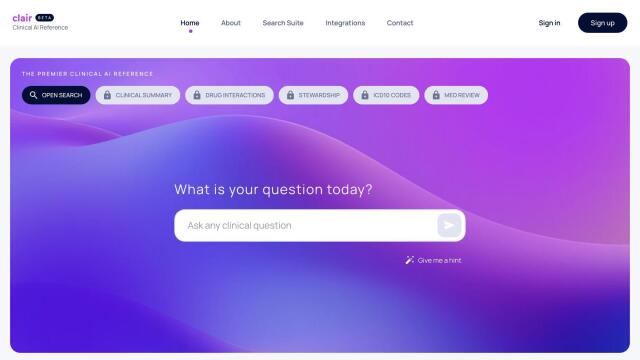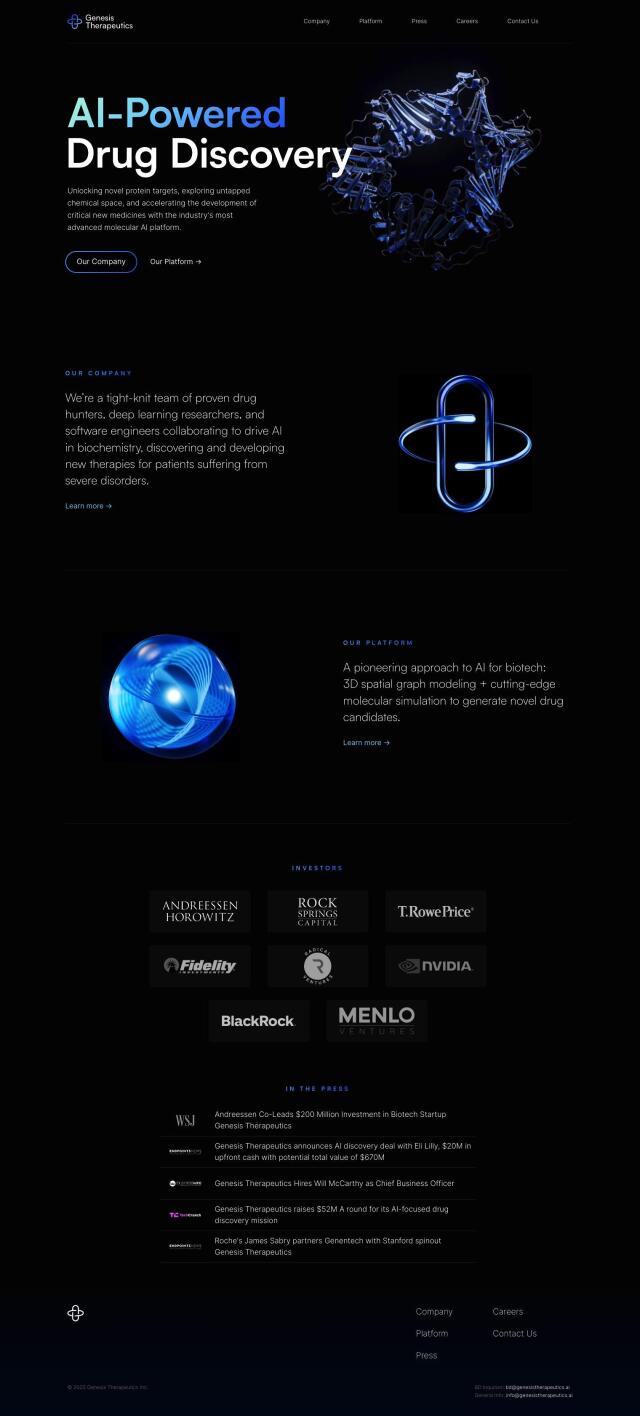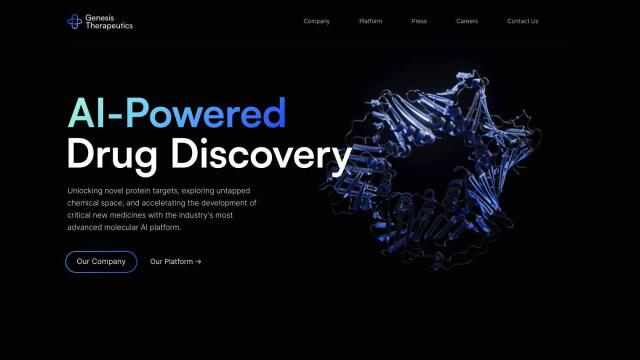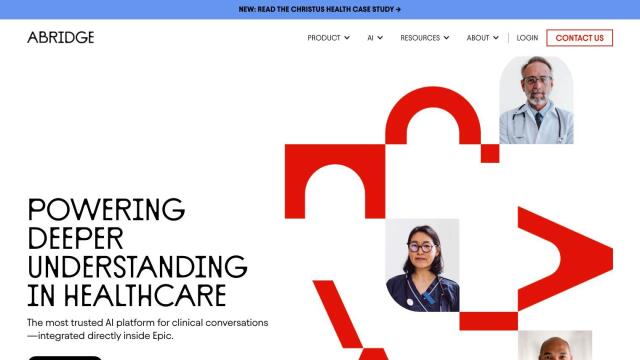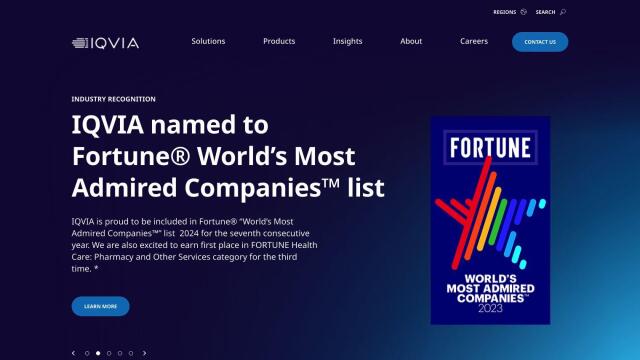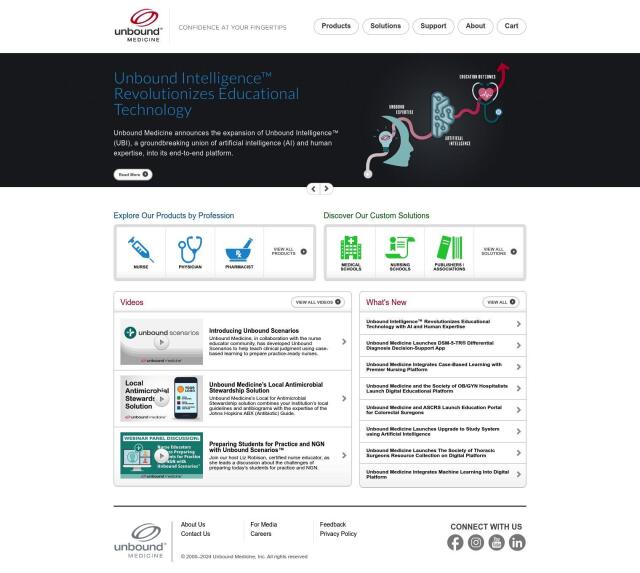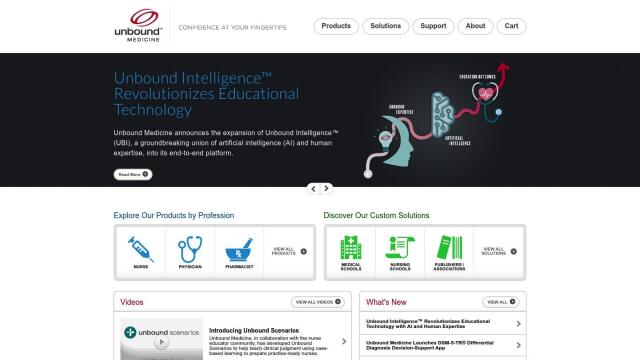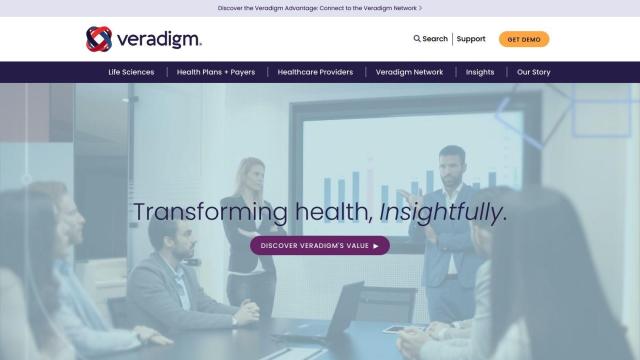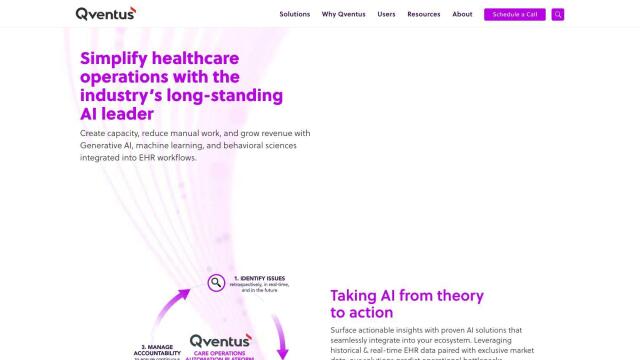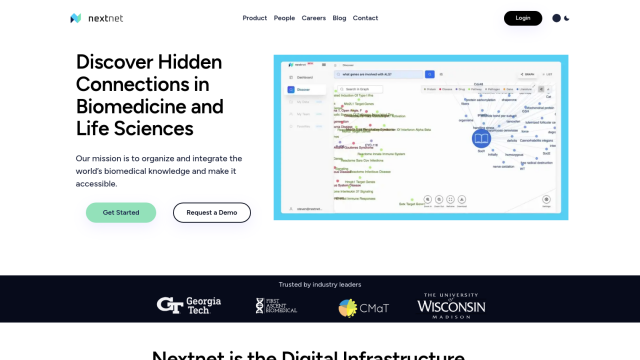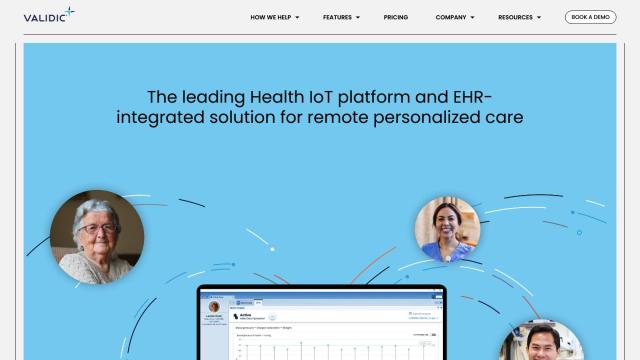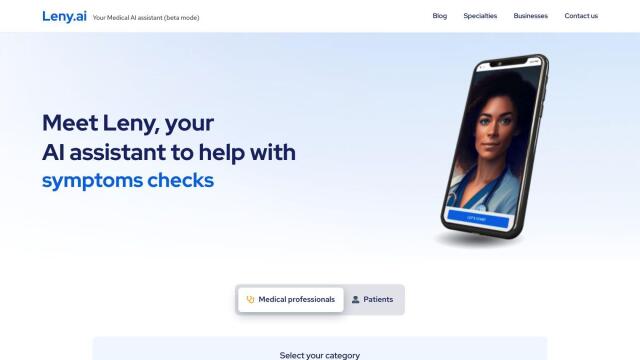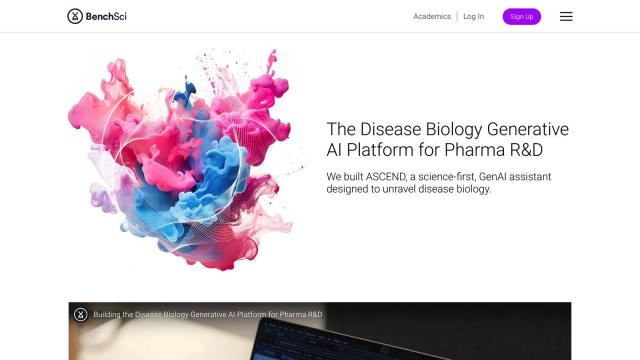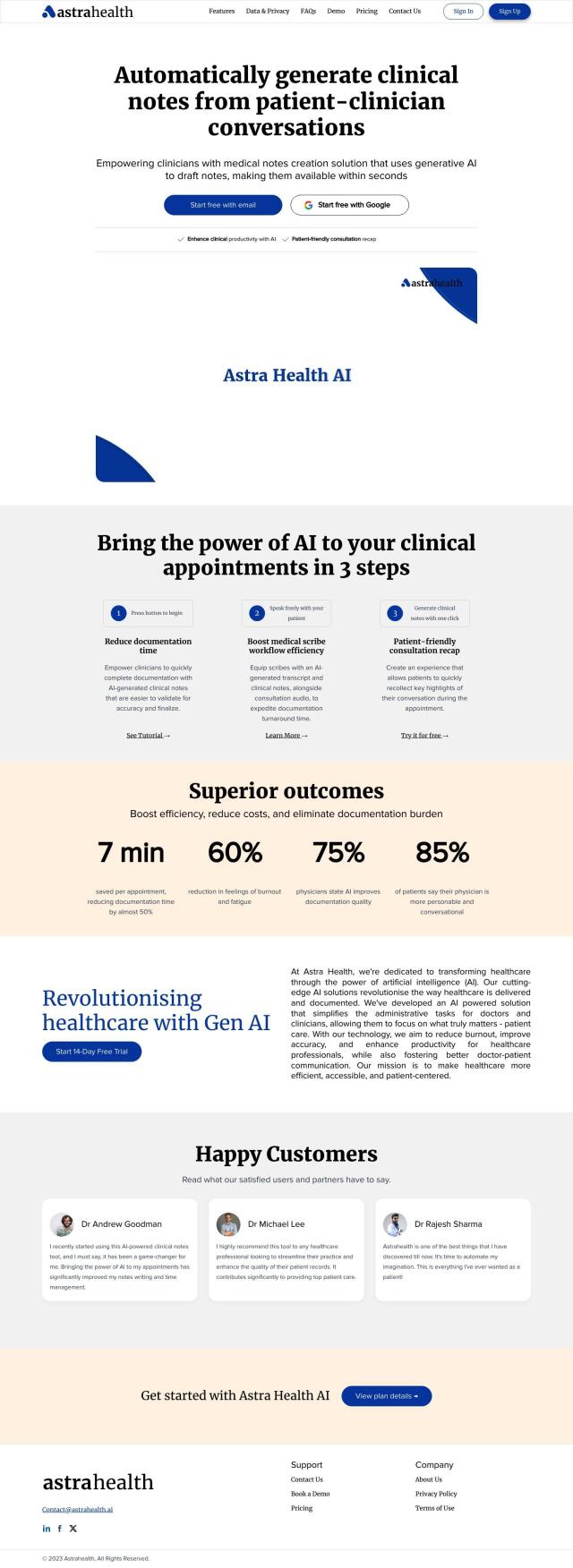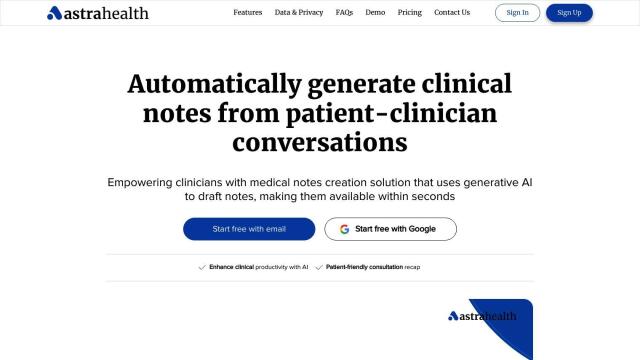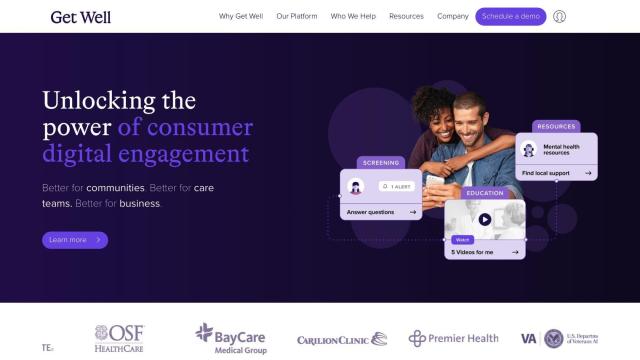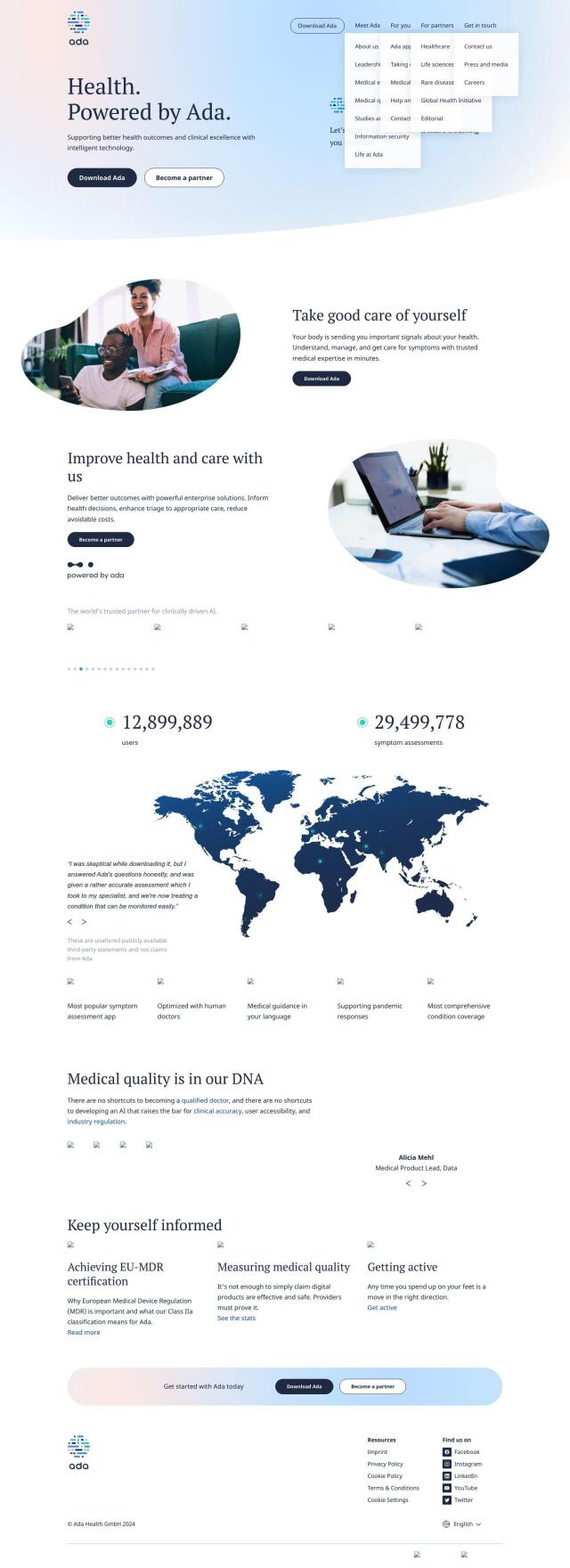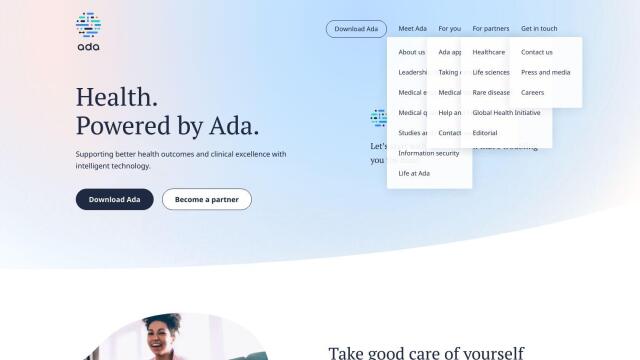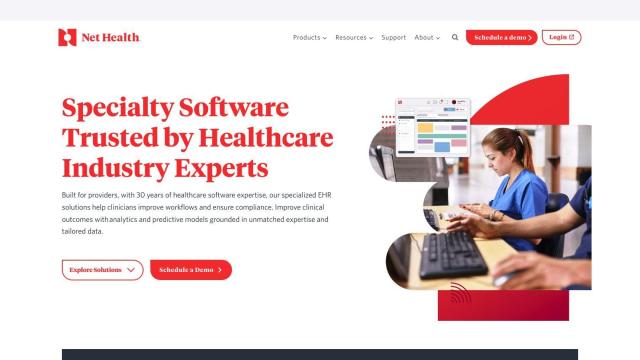Question: Do you know of a tool that helps identify gaps in cancer care and provides insights to close them?

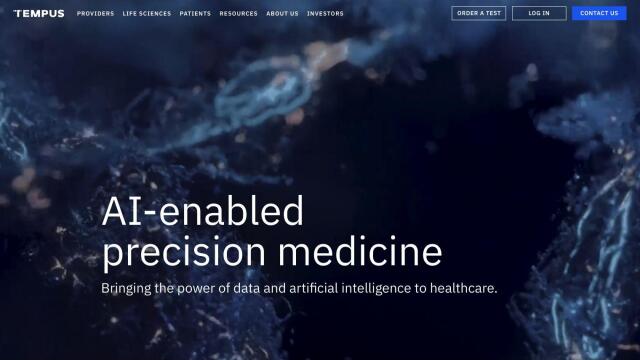
Tempus
If you're looking for a tool to help identify gaps in cancer care and provide insights to close them, Tempus is a standout option. Tempus is an AI-powered precision medicine platform that offers a comprehensive suite of tools, including a care gap identifier (NEXT) and a multimodal real-world data analysis tool (LENS). These features help doctors make informed treatment decisions and pharmaceutical companies develop targeted therapies. With partnerships with over 65% of US Academic Medical Centers and 95% of top 20 pharma oncology companies, Tempus is well-established in the precision medicine space.
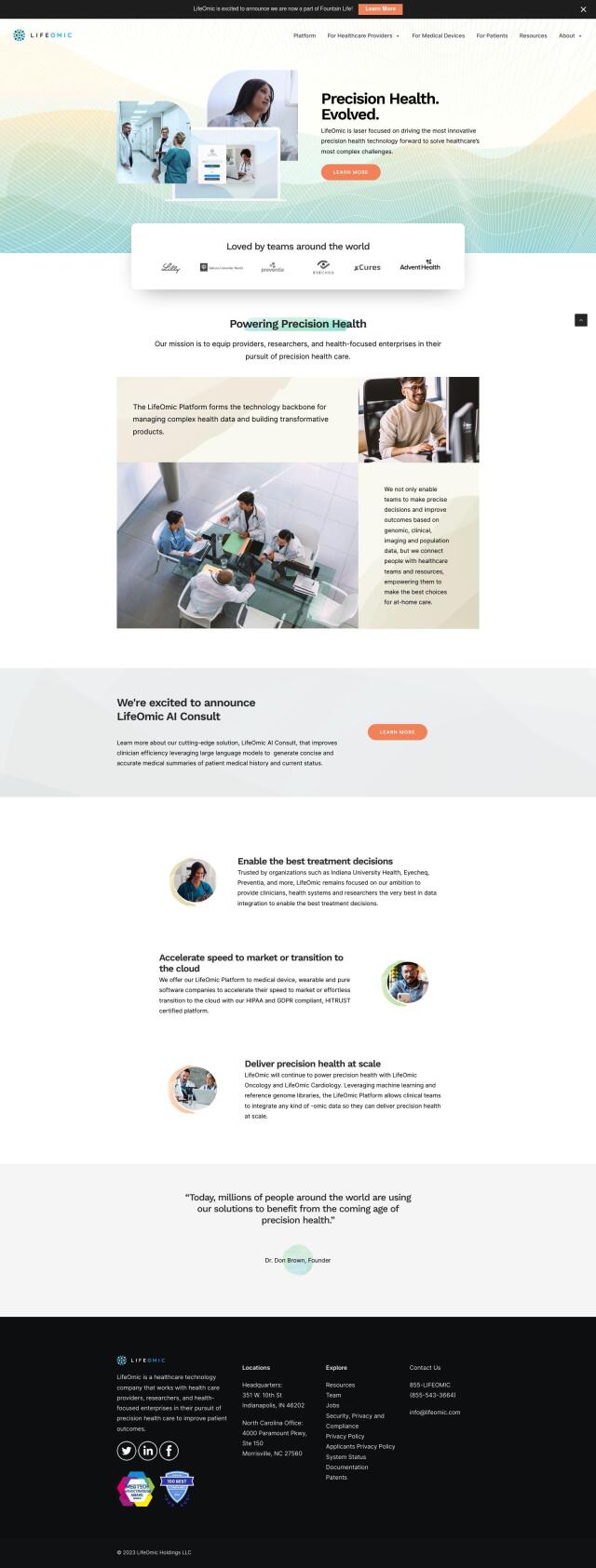
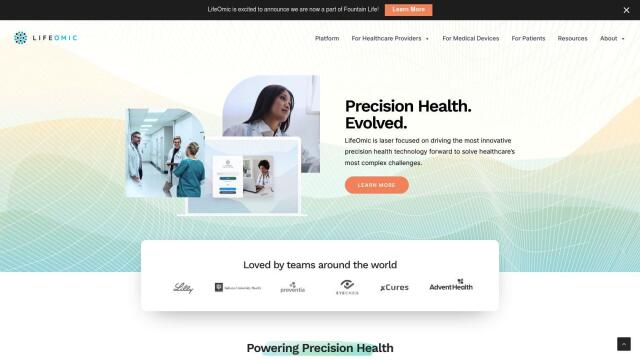
LifeOmic
Another excellent resource is LifeOmic, which combines genomic, clinical, imaging, and population data to improve patient outcomes. LifeOmic's platform includes tools like LifeOmic Oncology, which uses machine learning and reference genome libraries to deliver precision health. Their suite also features LifeOmic Molecular Tumor Board, which consolidates clinical, molecular, genomic, and public/private data sets to offer more comprehensive cancer care.

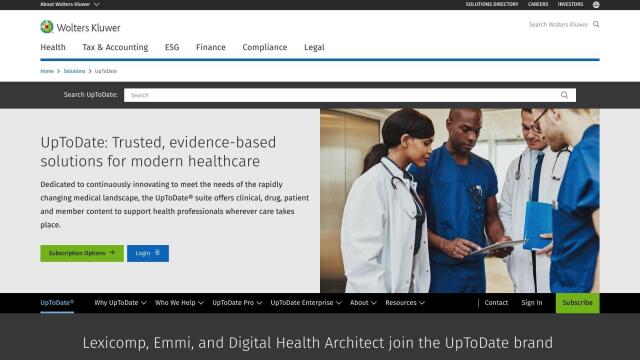
UpToDate
For a more traditional clinical decision support system, UpToDate offers evidence-based solutions to help healthcare professionals make informed decisions. With over 7,400 clinician editors continuously updating expert content, UpToDate supports better patient outcomes through electronic health records, mobile devices, and remote locations. Its effectiveness has been demonstrated by more than 100 studies, making it a trusted resource in the healthcare industry.

